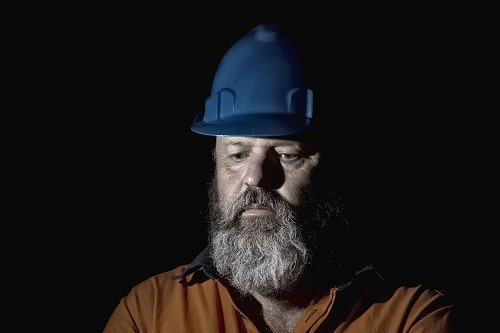Menopausal women should be treated by firms as if they have a long-term fluctuating health condition, which needs the appropriate support from workplaces, Labour has announced.
News
Labour announces ‘bold’ menopause at work policy
Giving details of the policy, Dawn Butler MP, Labour’s shadow women and equalities secretary, said we must “break the stigma” associated with the menopause to ensure workplaces are supportive of women.
Under the plans employers would be required to:
- Provide training for line managers to be aware of how the menopause can affect working women and understand what adjustments may be necessary to support them
- Carry out risk assessments to consider the specific needs of menopausal women and ensure that their working environment will not make their symptoms worse.
Employers could also be required to provide ventilation facilities, access to cold water and flexible working hours for women whose sleep pattern is disturbed.
Research has shown that many women feel ill-equipped to manage the symptoms of menopause at work. According to the CIPD, three out of five working women aged 45-55 years who are experiencing menopause symptoms say it has a negative impact on them at work, affects their confidence and makes them feel unable to disclose their symptoms when taking sick leave.
 Firms would be required to provide training for line managers on how the menopause can affect women and what support they might need. Photograph: iStock/fizkes
Firms would be required to provide training for line managers on how the menopause can affect women and what support they might need. Photograph: iStock/fizkes
Speaking on 21 September at the Labour Party conference, Ms Butler said: “This bold policy will support women experiencing the symptoms of menopause in the workplace. Together, we must end the stigma and ensure that no woman is put at a disadvantage, from menstruation to menopause.
“This forms part of our plans for a workplace revolution under the next Labour government to secure equality at work. By delivering policies like this through a stand-alone Women and Equalities department, Labour will put equality right at the heart of government.”
Menopause at work guidance: www.tuc.org.uk/menopause-work
NEWS

Ramadan: what employers should know about supporting their workforce
By Belinda Liversedge on 18 February 2026
As Ramadan begins this week, UNISON has reminded employers to think about reasonable adjustments for their Muslim workforce’s religious observance such as fasting, prayers, and flexible schedules.

Nearly half of UK workers afraid to flag risks, finds new research
By Belinda Liversedge on 10 February 2026
A significant “silence gap” is threatening UK workplace safety and operational integrity, according to new data released by training provider Mental Health First Aid (MHFA) England.
Sexual misconduct in dentistry: former GDC fellow warns of ‘culture of silence’
By Belinda Liversedge on 05 February 2026
A former General Dental Council (GDC) clinical fellow is calling for a radical shift in how the dental sector manages workplace risk, warning that a “culture of silence” is masking the problem of sexual misconduct in the profession.



